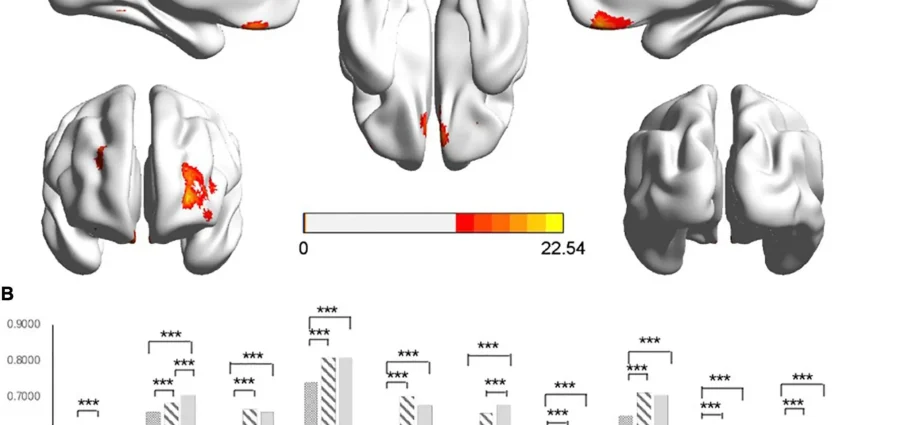Taking medications for schizophrenia temporarily reduces the volume of the part of the brain that controls body movements, according to scientists from Germany and the United States in the journal Nature Neuroscience. Their discovery explains the very common side effect of antipsychotic drugs – the characteristic slowdown of movements in patients immediately after taking the drug.
Many antipsychotic drugs (neuroleptics) used to treat schizophrenia block the receptor for the neurotransmitter dopamine. The side effect of using these medications is called drug-induced extrapyramidal symptoms called EPS for short, i.e. the occurrence of muscle stiffness, depletion of facial expressions, slowness of movement, restlessness, involuntary muscle contractions and movements. Symptoms of EPS may appear in patients even minutes after taking the drug.
Heike Tost from the National Institute of Mental Health in Bethesda and Andreas Meyer-Lindenberg from the Central Institute of Mental Health in Mannheim and colleagues investigated whether structural changes occur in the brains of people taking antipsychotic drugs.
It turned out that an hour after a single intake of a drug called haloperidol by healthy young men, there was a transient decrease in the volume of gray matter in the part of the brain important for the control of movements, the so-called the shell. Brain volume returned to normal after 24 hours.
In addition, scientists observed that the severity of extrapyramidal symptoms in healthy study participants was related to the degree of brain volume reduction, and the time to onset of movement disorders corresponded to rapid changes in the brain. (PAP)










